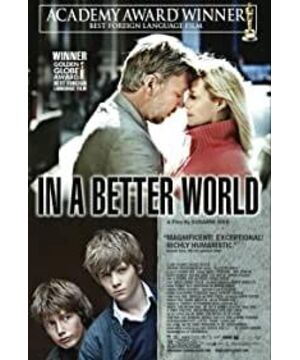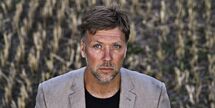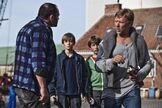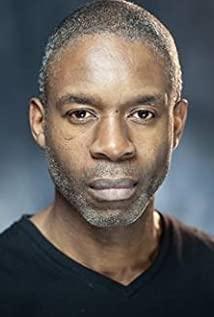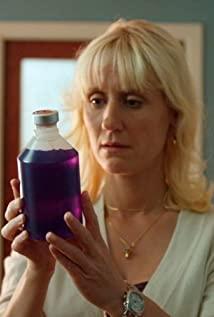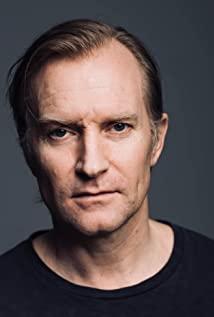Story: Two families torn apart, Elias comes from a family that is about to divorce, his father is a doctor working in Africa, and his mother is also a doctor. Christine's mother just died and her father is busy with work. Christine rescues Elias from bullying and becomes good friends with him. Once, two little friends set off an explosion in order to vent their anger on Elias' father. Between life and death, Christine, who must be revengeful, understood some truths. Is the beautiful world revenge or tolerance? Elias' father took his son to find the person who slapped him. After being slapped twice, the father said that he did not know such a person. Retribution of grievances will only make the world worse. The reason why my father wanted to find someone who slapped him was to prove that I didn't stop him because I was afraid of him. In the previous scene, he silently soothed his face in the water to heal his wounds. In contrast, Christine fought back violently, gaining respect on campus, protecting her friends, and serving justice. He wanted to use violence to control violence, and he would take revenge, so he planned the car bombing incident, which injured Elias. When I saw this, I would think that Elias's father was a little cowardly, and it is not necessarily wrong to use violence to control violence. Turning his attention to Africa, Elias's father rescued the African wicked with a sense of responsibility, and the wicked cut his abdomen for fun. Those Africans who lost their families did not understand his operation, and his answer was principle and responsibility. At this time, Elias' father's forbearance tactics allowed him to save the African villain. Afterwards, the African villain's indifference to other people's lives completely infuriated Elias' father, who drove the African villain out for his public execution. In a fit of rage, he threw away all the principles, and to a certain extent turned to the method of suppressing violence with violence , because at that moment he realized that repaying grievances with virtue was not effective. This ethical dilemma permeates the film from start to finish, as does the emotional aspect, which is sometimes grey. For example, under the pressure of his son, Christine's father doubted himself whether his wife's death would make him relieved. What the son felt was that his father had easily abandoned his mother. Elias' parents are all caught up in their own problems, and they have no time to take care of Elias, and even avoid them. But these ethical and emotional dilemmas have been resolved in the second half, and there is no bright answer, but after the veil of death is lifted, people's lives will continue. Elias' parents chose to snuggle together when they were vulnerable. Elias' father went to rescue Christine at the first time. Christine's hatred was released and softened, and he began to apologize repeatedly. The wounded Elias chose unswerving bravery when saving the mother and daughter pedestrians, and at the same time, the kind-hearted he also chose to forgive Christine. Kindness and tenderness become brave and energetic in that moment. Principles and ethics become like water, vacillating. The so-called goodness is like water, which is probably what it means. Hate and violence are weak. I think revenge is human instinct, and what separates him is kindness and tolerance. Hatred is a direct stimulus after feeling it, and kindness is a gentle perception. After a slight trigger, flowers bloom everywhere, as warm as new. While watching the movie, two interesting things happened: 1. My colleague was slapped n by a drunk man 2. When I saw the explosion, a glass just fell from the opposite side of the table.
View more about In a Better World reviews


